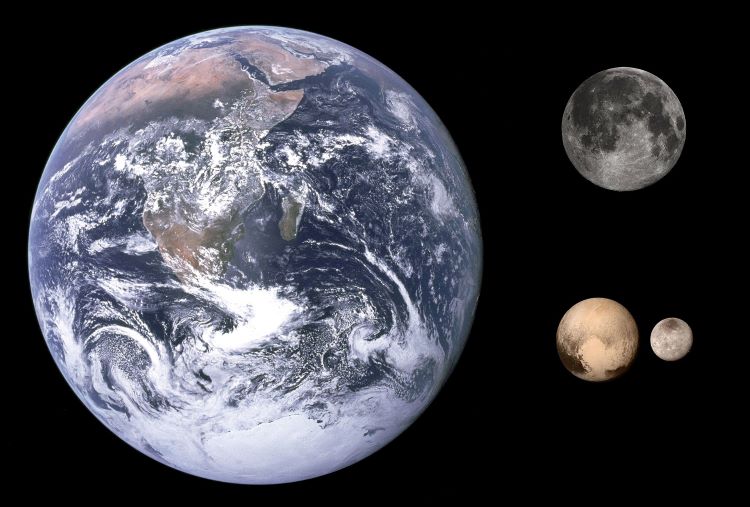A recent study published in the Monthly Notices of the Royal Astronomical Society examines formation mechanisms for how binary planets—two large planetary bodies orbiting each other—can be produced from a type of tidal heating known as tidal dissipation, or the energy that is shared between two planetary bodies as the orbit close to each other, which the Earth and our Moon experiences. This study comes as the hunt for exomoons and other satellites orbiting exoplanets continues to expand and holds the potential to help astronomers better understand the formation and evolution of exoplanets and their systems. So, why is studying binary planets specifically important?
Continue reading “Where are All the Double Planets?”Where are All the Double Planets?


